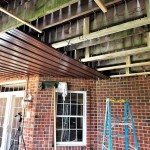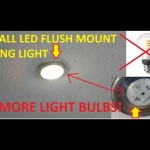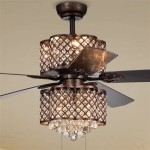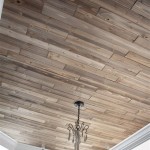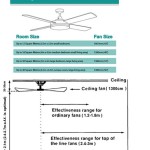Drop Ceiling vs. Suspended Beams: A Comparison of Structural and Aesthetic Options
When designing or renovating a space, the choice of ceiling system plays a significant role in the overall functionality and aesthetics of the environment. Two common and widely adopted ceiling solutions are drop ceilings and suspended beams. Both offer a variety of benefits and disadvantages, making it crucial to carefully consider the factors involved in each system to determine the most suitable option for a particular project.
Drop Ceilings: Versatility and Accessibility
Drop ceilings, also known as suspended ceilings, are a popular choice for a wide range of applications, from commercial buildings to residential homes. They consist of a grid system of metal or wood framing, suspended from the main ceiling structure, supporting individual ceiling tiles or panels.
One of the primary advantages of drop ceilings is their versatility. The grid system enables easy access to the space above the ceiling, making it convenient for concealing ductwork, wiring, plumbing, and other utilities. This feature facilitates maintenance and repairs, allowing for straightforward access to equipment and infrastructure. Additionally, drop ceilings offer sound absorption properties, mitigating noise levels and creating a more comfortable environment.
Another notable advantage is the wide variety of materials and styles available for drop ceilings. Tiles can be made from various materials, including gypsum board, mineral fiber, metal, and wood, offering diverse aesthetic options. They can also be customized with different textures, colors, and patterns to complement the overall design of the space. The flexibility of drop ceilings allows for the creation of unique and visually appealing designs, accommodating different architectural styles and preferences.
However, drop ceilings are not without limitations. They can significantly reduce the perceived height of the room, potentially making the space feel smaller and less open. Additionally, the grid system can be susceptible to dust and dirt accumulation, requiring regular cleaning and maintenance. The installation process can be labor-intensive and may involve disruptions to existing fixtures and utilities.
Suspended Beams: Structural Support and Architectural Elegance
Suspended beams, in contrast to drop ceilings, are structural elements designed to support a portion of the ceiling or roof. They are typically made of wood or metal, offering both structural support and an aesthetically pleasing element. Suspended beams can be used to create various design features, such as dividing spaces, highlighting architectural elements, or adding a decorative touch.
One of the main advantages of suspended beams is their ability to provide structural reinforcement. They can distribute weight and stress efficiently, improving the stability of the ceiling or roof structure. This is particularly beneficial in situations where the ceiling requires additional support, such as when installing heavy fixtures or equipment.
Suspended beams also add a sense of architectural sophistication to a space. Their exposed nature creates a visual element that complements the overall design, offering a contemporary and industrial aesthetic. They can effectively enhance the visual appeal of the room, making it feel more spacious and inviting.
However, the installation of suspended beams requires specialized skills and knowledge. The process may involve modifications to the existing ceiling structure, requiring potentially disruptive work and skilled labor. Moreover, suspended beams may limit the flexibility of the ceiling, as they are generally fixed in place, making it more challenging to access the space above.
Key Considerations for Choosing a Ceiling System
Ultimately, the choice between a drop ceiling and suspended beams depends on a variety of factors, including the specific needs and preferences of the project. Here are some key considerations to guide the decision-making process:
Function and Purpose
Consider the primary function of the space and the requirements for access and utility concealment. If ease of access to the space above the ceiling is paramount, a drop ceiling may be the preferred option.
Budget Considerations
Drop ceilings generally offer a more cost-effective solution compared to suspended beams. Suspended beams require more specialized labor and materials, potentially leading to higher installation costs.
Aesthetic Preferences
Consider the desired aesthetic for the space. Drop ceilings offer a wide range of styles and finishes, while suspended beams provide a more industrial and architectural feel. Consider the overall design concept and choose the option that complements the aesthetics of the space.

This Vs That Exposed Ceiling Or Acoustical Dbs Group Llc

Drop Ceiling Or Drywall Which One Should You Choose

Ceilings 101 Drop Ceiling Vs Drywall Elegant Walls

Drop Ceiling Vs Bare

Diffe Types Of Ceilings Armstrong Residential

Faux Wood Ceiling Beams Dropped Alternative Decorative Tiles Inc

Drop Ceiling Installation Ceilings Armstrong Residential

Pros And Cons Of Having A Drop Ceiling With Commercial Tiles In The Office Decorative Inc
How To Install Drop Ceilings Easy Guide Kanopi By Armstrong

Basement Ceilings Drywall Or A Drop Ceiling Fine Homebuilding
Related Posts


